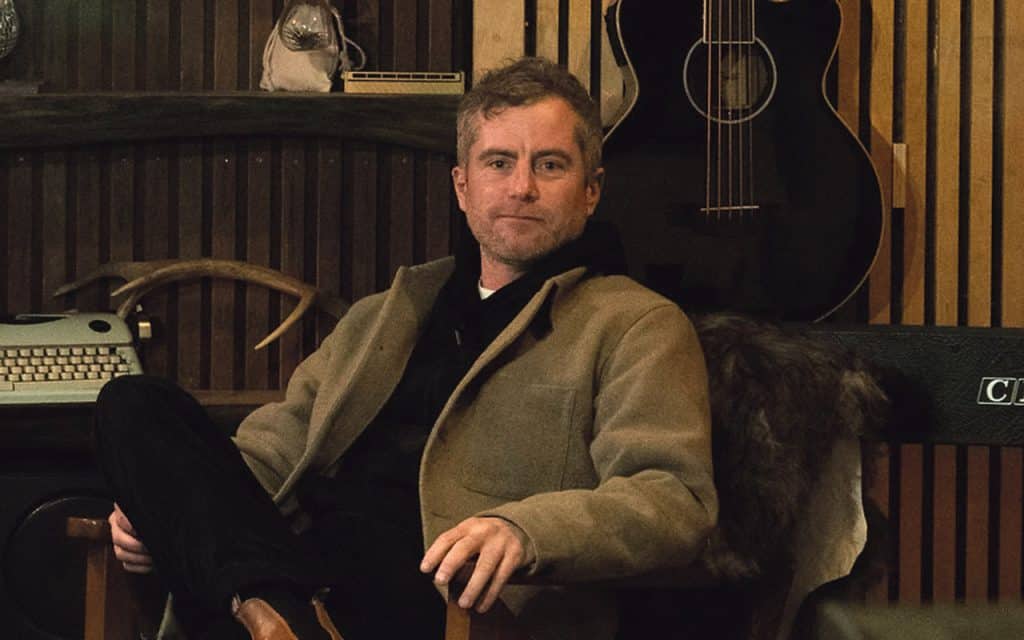Last week Storm Eowyn caused massive destruction as it raced across the country. We braced ourselves and prepared for the worse. Memories of hurricane Ophelia, which devastated our trees and ripped the roof off the shed, made it difficult to sleep as the wind howled around the house. It was both a surprise and a relief to wake up and discover that we hadn’t suffered any damage, and that we still had electricity. I can’t remember any major storm in the last thirty years when we did not lose power for at least a few hours. Not so lucky were the over 700,000 people who lost all power. Over a week later tens of thousands are still cut off.
I used to joke that we lived in an isolated rural pocket. I knew that we did because every time the electrics went down during a storm, the ESB got the power back rapidly except for in “isolated rural pockets” – in other words us. We often went for several days/weeks without power. Not to worry. We knew what to do. I used to call it going into Little House on the Prairie mode. We always have a stock of candles, wind-up torches and radios. Back in the day we didn’t have power banks, but then again, we didn’t have mobile phones or computers. Now we are well-equipped with large power banks and rechargeable lights and devices, while our phones and computers keep us linked to the rest of the world. It makes power cuts much easier if somewhat less romantic. I rather liked the cosy candlelight for a few days.
The worst thing about not having any electricity in our isolated rural pocket isn’t the loss of light. No power means no pump. No pump means no water – to drink, to cook, to wash, or to flush the toilets. We always have a stock of big bottles of water in the house, along with some empty vessels to fill up in town, or at more fortunate neighbours’ homes. We also used to avail of the old public water pump in town, which was great fun for the kids and made me feel like throwing on a shawl before giving the big iron Wheel of Fortune a twirl. I’ve heard that the pump is no longer operational, which is a real shame if true. We also have old plastic drums full of rainwater that we can use to flush the toilet. When they are empty, we can go down to the stream and fill them up again.
The aftermath of any storm can be quite challenging but none as much as the Beast from the East. A combination of frozen pipes and storm damage meant that we were out of water for many days, even after the power came back. Ice and snow made it impossible to go into town. Not to worry, the property was covered in snow and so I spent my days collecting buckets of snow and melting it. That’s how we discovered that the ratio of snow to melted water is about ten to one.
You may have noticed that I’ve mentioned losing power, light and water, but not anything about heat or cooking. That’s because we have an oil-fired Aga, a wood burning stove, and an open fire in the house. A few years ago, when the first SEAI grants came in, I was enthusiastic. I would transform the house to an energy-efficient, electricity-producing hub. I even considered changing the Aga from oil to electricity (I didn’t get very far due to the confusing red tape). However, when it came to replacing the stove and open fire with an electric fire we paused – blackouts in the past had shown us that having a stove and open fire is essential, giving us heating and cooking facilities.
Storm Eowyn left many in new builds without any basic services. That’s because the new energy-efficient homes are totally dependant on the power being on. They have no stoves or open fires. I understand the need to cut out fossil fuels, but it seems very short-sighted to build an entire estate, which can no longer function if the power goes. We need better planning and joined-up thinking if we are going to face the coming climate emergencies. The new emergency hubs set up after the storm are a good start. Local ‘preparedness plans’ with village hubs in halls, schools or pubs, and a team of volunteers could rapidly ensure that vulnerable people in our community had heat, water, light and hot food. A central emergency back-up system for estates would help them weather power cuts.
I take this opportunity to congratulate Christopher O’Sullivan on his appointment as Minister of State in the Department of Housing, Local Government and Heritage and hope that, as someone who has always cared for the environment, he will take a hard look at what is needed not just to avoid, but to prepare for the environmental crisis ahead. As for me, I’m looking into solar/rechargeable home batteries to run the pump when the power is out. They are cheaper than they used to be but still quite expensive. Here’s hoping that the government will roll out grants for homeowners’ emergency power banks sooner rather than later.



